
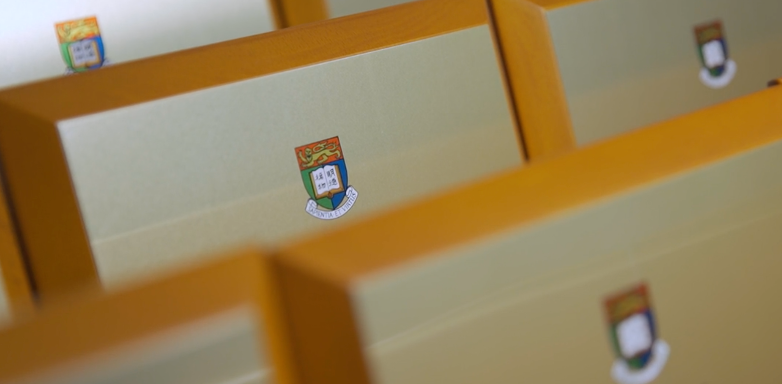
{{'Newsletter' | t}}
Dr Miles Wen—Do the Impossible

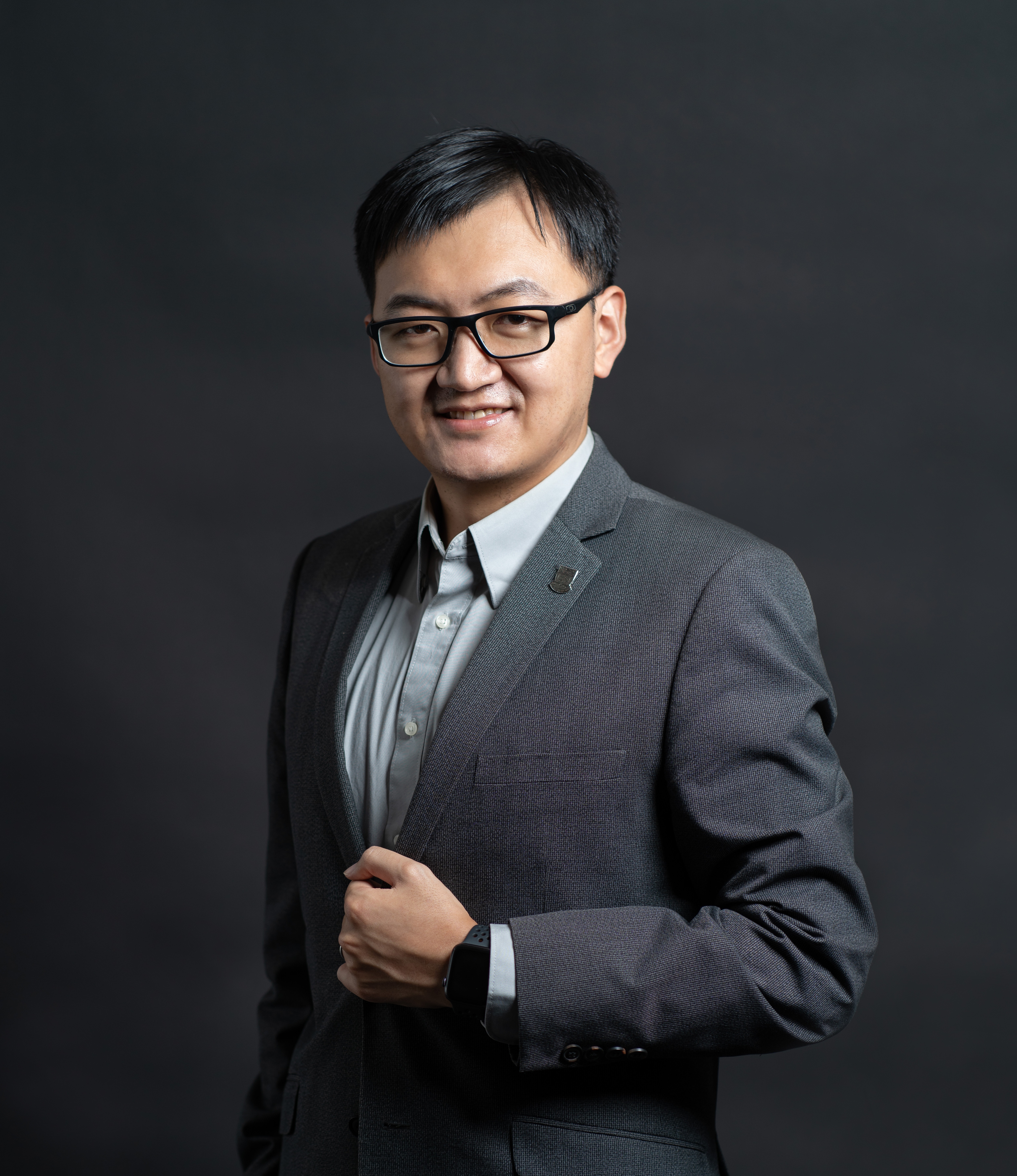
Dr Miles Wen graduated with a first-class honours bachelor’s degree and PhD from HKU’s Department of Electrical and Electronic Engineering (EEE) in 2011 and 2015, respectively. He was also a Fulbright Scholar of Electrical Engineering and Computer Science at the University of California, Berkeley.
In 2015, Dr Wen co-founded, with his PhD supervisor Professor Victor Li, Fano Labs, a spin-off company from HKU. Fano specialises in speech recognition and natural language processing technologies and is the only AI company specialising in mixed languages. Today, Fano has developed into a very successful AI startup in the region, and it has closed multiple funding rounds from renowned investors such as Horizons Ventures, Gobi Partners, and Openspace Ventures.
Currently, Dr Wen also serves as an Adjunct Assistant Professor in EEE and a mentor for the iDendron Incubation Programme at HKU, taking an active role in guest lecturing in technology-related topics.
Why did you want to pursue a PhD at HKU?
I did my undergraduate study in HKU’s Engineering Faculty between 2008 and 2011. In my final year, I joined Professor Victor Li’s research lab as a research assistant and published my first research paper while working on my final-year project. By the time I graduated, Professor Li asked what I wanted to do in the future. I said I wanted to be an entrepreneur because I would like to build something great for the world. Then he asked me to consider doing a PhD, saying, “To get a PhD from our lab, you need to be the world’s best in something. If you are the world’s best, then you’ll know something that others don’t and may probably be able to do something unique and great.” I was convinced, so I stayed at HKU and started my PhD study.
Tell us the story of your startup.
When I was about to graduate, Victor told me that the Hong Kong Government and HKU had established the TSSSU scheme to fund alumni, students, and faculty members to build startups. I formed a team with Victor and we applied. Fortunately, we got HK$600,000 in funding from TSSSU. We started Fano Labs to build products that would positively impact the world. We have been building AI models to analyse human languages. We are not only helping banks do their compliance work at lower costs and bigger sales, but also aiding efforts to ensure fairness and transparency in the financial market and protect citizens’ assets. As of now, most of the bigger banks in Hong Kong are using our technologies and I’m very pleased that our tech is helping people here in Hong Kong and also other parts of the world in many ways.
What’s the most memorable moment in your entrepreneurial journey?
My most memorable moment was back in the summer of 2016. We were in bad shape because we had built 10 different products, but nothing worked. We were running dry on the TSSSU funding. The other partner decided to quit. I was even being pressed by my mom, who said, “Miles, go find a job, please.” I just felt very bad for giving up. I wanted to press on, and Victor supported me during the process. During the daytime, I acted as the sales rep and when I found something interesting, I built it up in the evening. Victor at that time helped me take up all the paperwork.
By November 2016, we finally had a breakthrough. I got an investor. I talked to other entrepreneurs, and everybody went through similar situations such as cash issues, financial, customer, and employee problems, ups and downs, and the hard decisions that you just have to make. All of these are the real challenges. I think eventually it all comes down to how determined you are as an entrepreneur to make it work.
What is your key to success?
In academia, ideas are very important because you don’t have to worry about the last mile of delivery. But in the startup world, ideas are cheap, while execution is key. Execution means all the fine details about how to structure, scale, and cost a business model and, more importantly in many cases, how to risk capital. Even the idea of what we are doing right now on compliance anti-fraud is not something completely new. But if you have an idea, can you execute it very well? That’s more important in the startup ecosystem.
In academia, ideas are very important. But in the startup world, execution is key.
How did your time at HKU shape who you are now?
The key things I learned from HKU were to never give up and to do the impossible. You have to work really hard and fight for what you want to achieve. I think this imprint of a hardworking and can-do mentality helps a lot. Later on, I came across many moments when other people thought things were impossible, but my HKU years gave me the mentality of, well, who said that I have to give up? Maybe I can just try it. Maybe I can prove you wrong. So that idea of not believing the naysayers has helped considerably in my journey. One more thing that’s also quite important is the strong emphasis on ethics and integrity at HKU. If you create a startup, you need to work for a mission to make an impact. If you are going to do something good, then having strong ethics is crucial.
The key things I learned from HKU were to never give up and to do the impossible.
What is your advice to RPg students who want to pursue an entrepreneurial journey?
In a startup, there’s a common saying: every failing startup fails for similar reasons, but every successful startup is successful in unique ways. This means that successes do not repeat, and you need to figure out your own path. Back in the day, Victor used to say, “If you can mathematically formulate the problem well, the problem is 80 percent done.” So, having a clear mind in times of stress or chaos, figuring out the crux of a problem and whether we can solve it, and defining success are all very important. This is the kind of imprint I got from my research education at HKU. More importantly, do not give up and have the faith to push forward.
Every failing startup fails for similar reasons, but every successful startup is successful in unique ways. Successes do not repeat, and you need to figure out your own path.
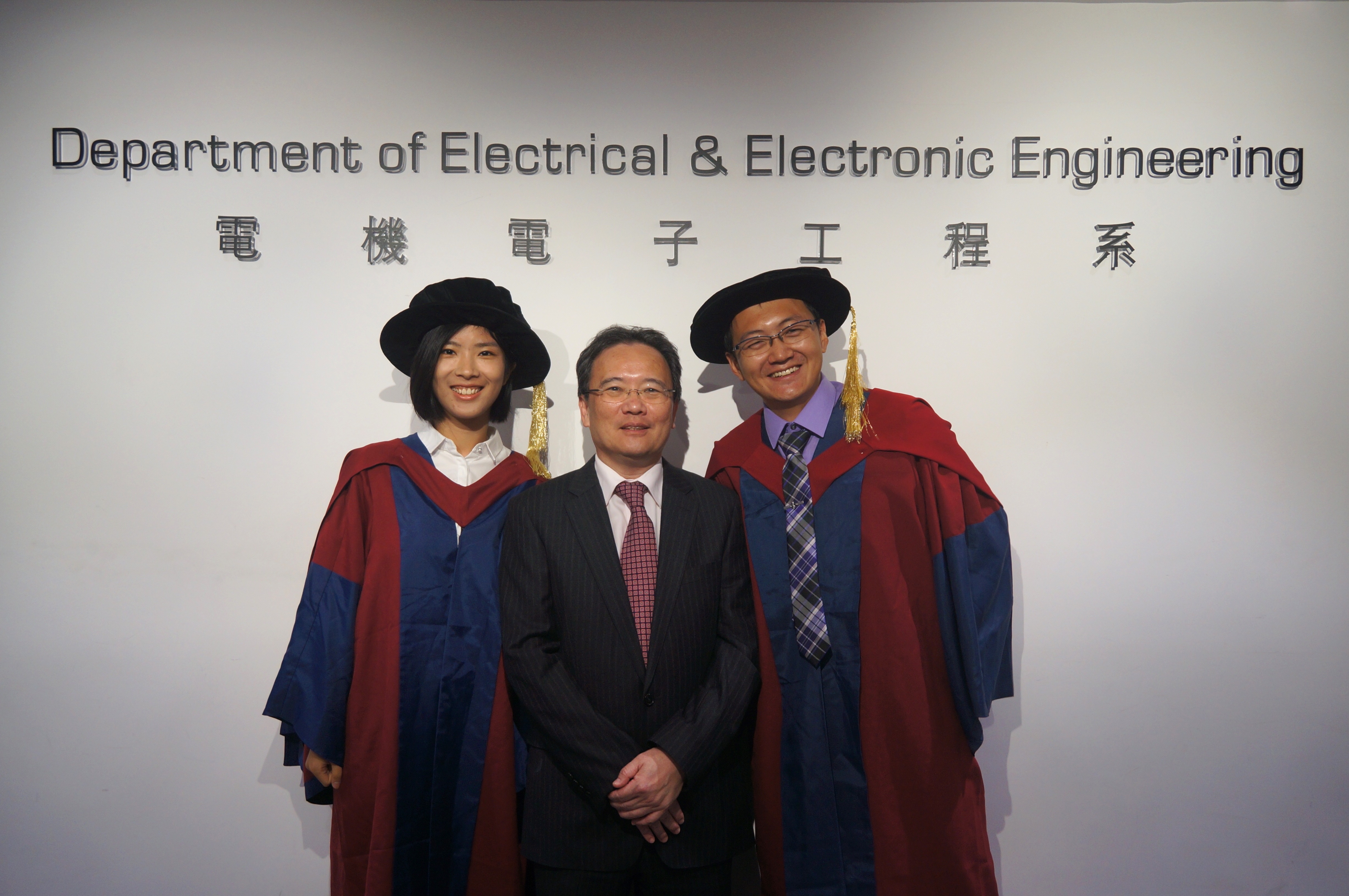
Dr Wen (right) taking photo with his PhD supervisor, Professor Victor Li (middle), and his wife Dr Jie Chuai (left).
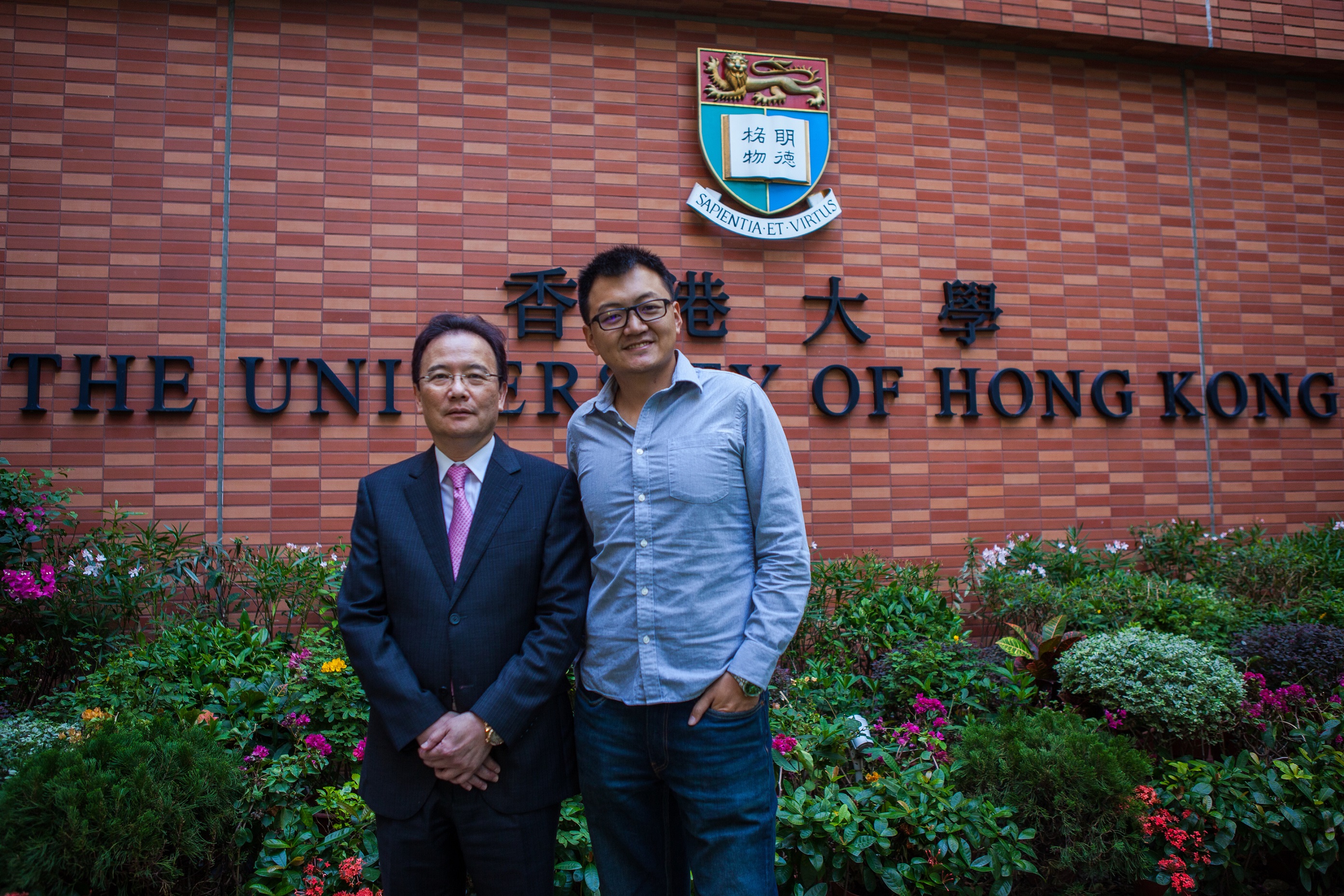
Professor Victor Li (left) and Dr Miles Wen co-founded Fano Labs in 2015 and raised a Series Pre-A round led by Horizons Ventures.
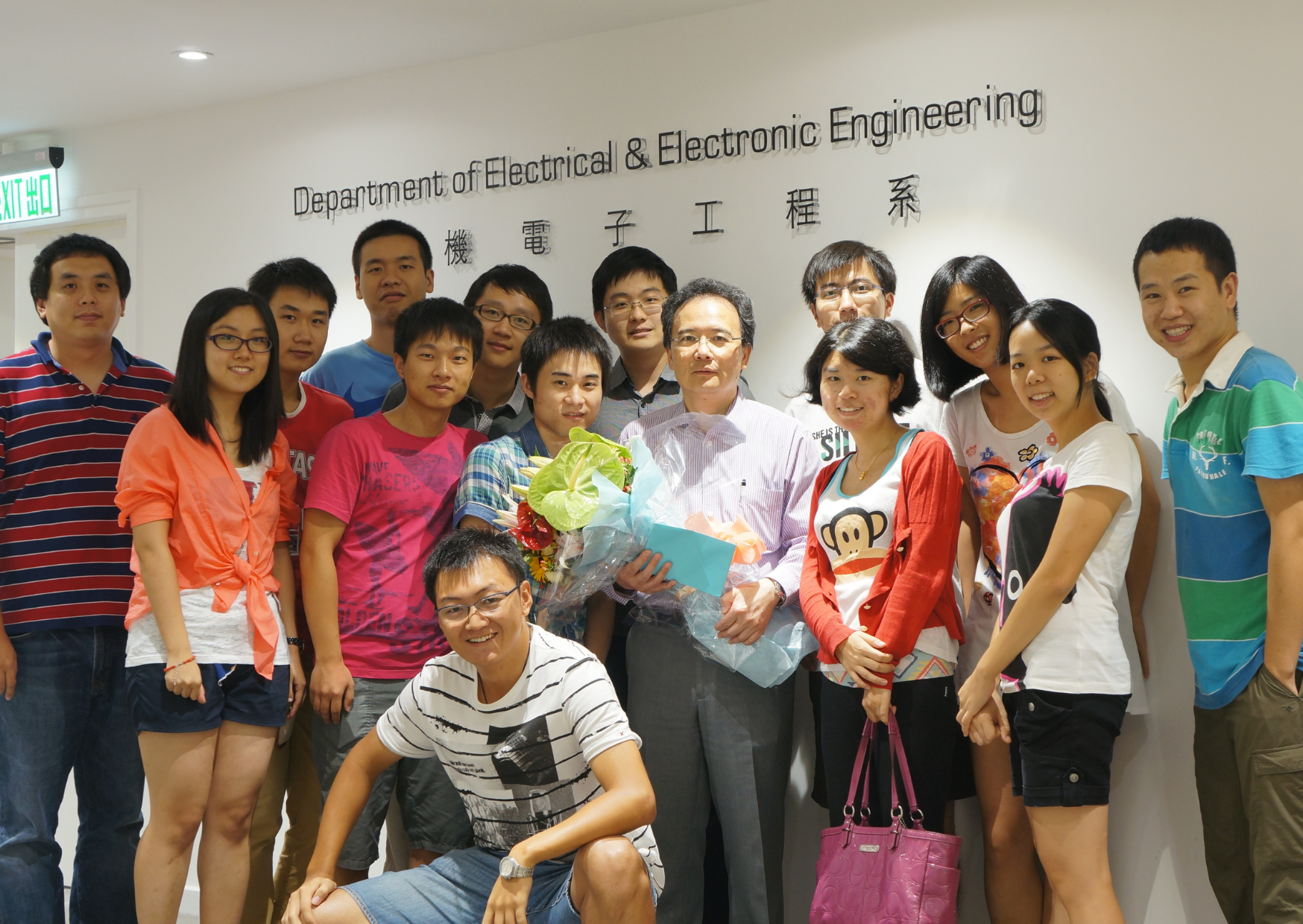
Dr Wen (in front) taking photo with Professor Victor Li and other research students in Professor Li’s research lab at the Department of Electrical and Electronic Engineering.
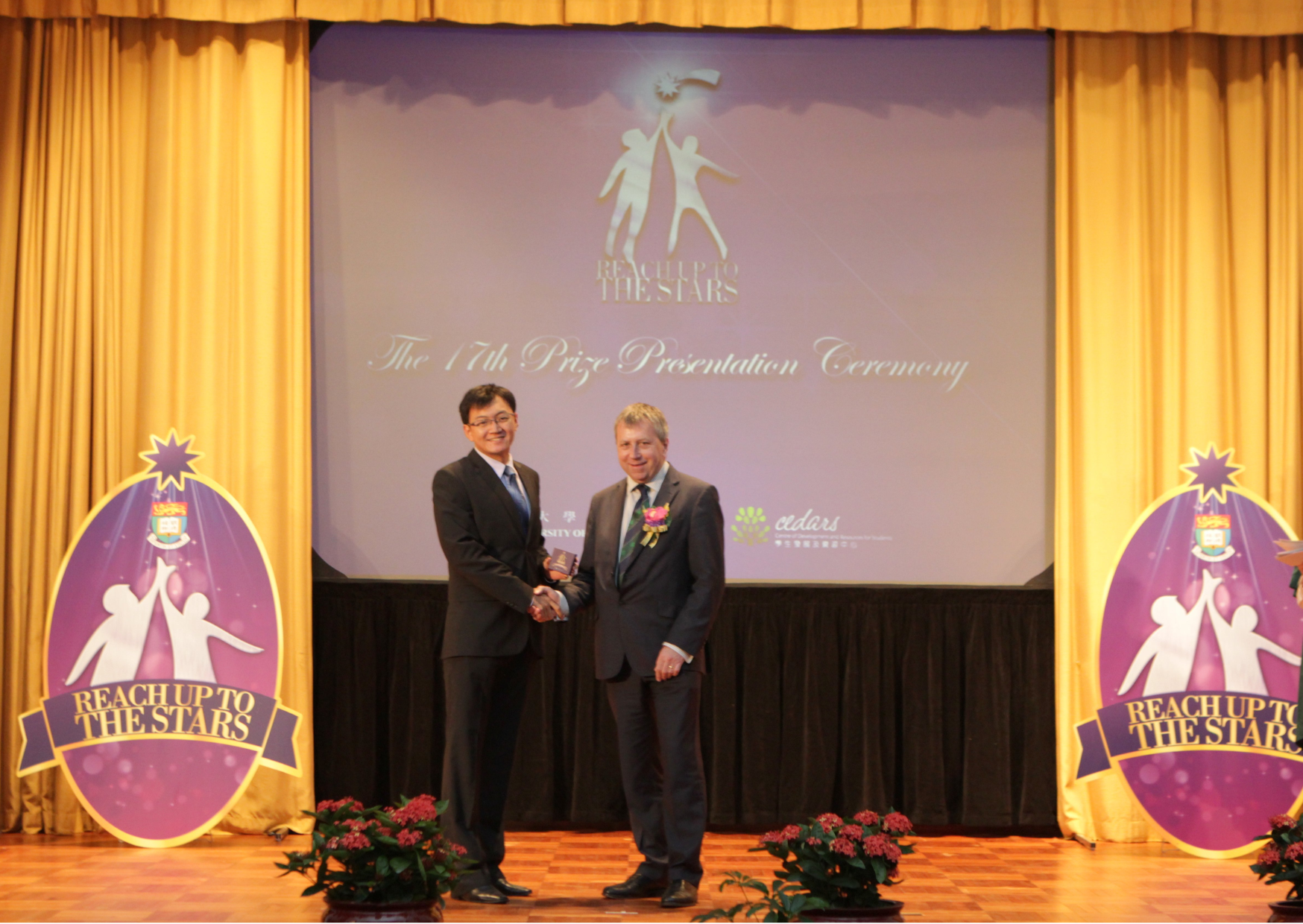
Dr Wen receiving the Fulbright Scholarship from the then HKU President and Vice-Chancellor. Professor P.W. Mathieson at the 17th Reaching up to the Stars Award Presentation Ceremony.
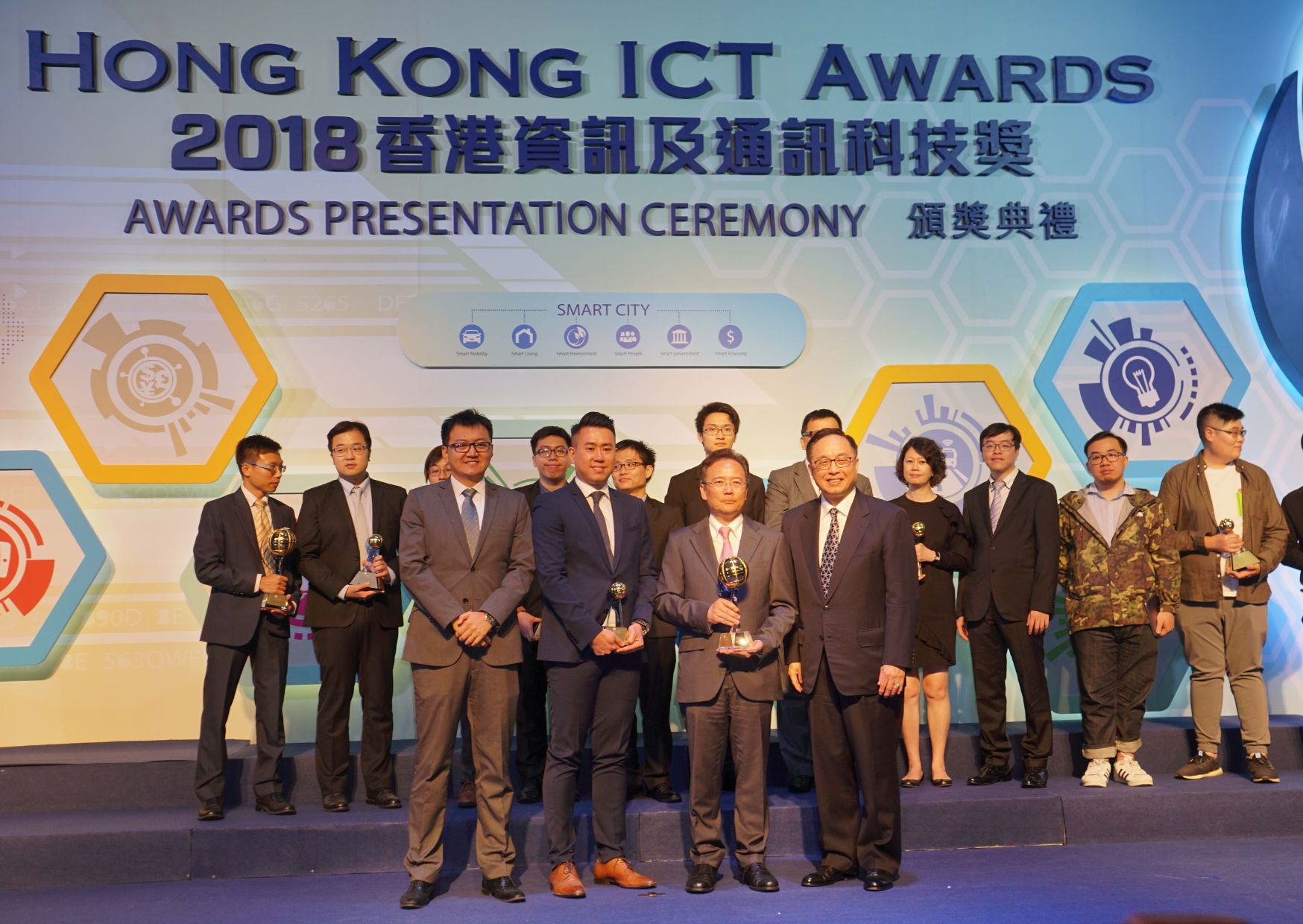
Fano Labs winning the Hong Kong ICT Awards 2018: Smart Business Grand Award.
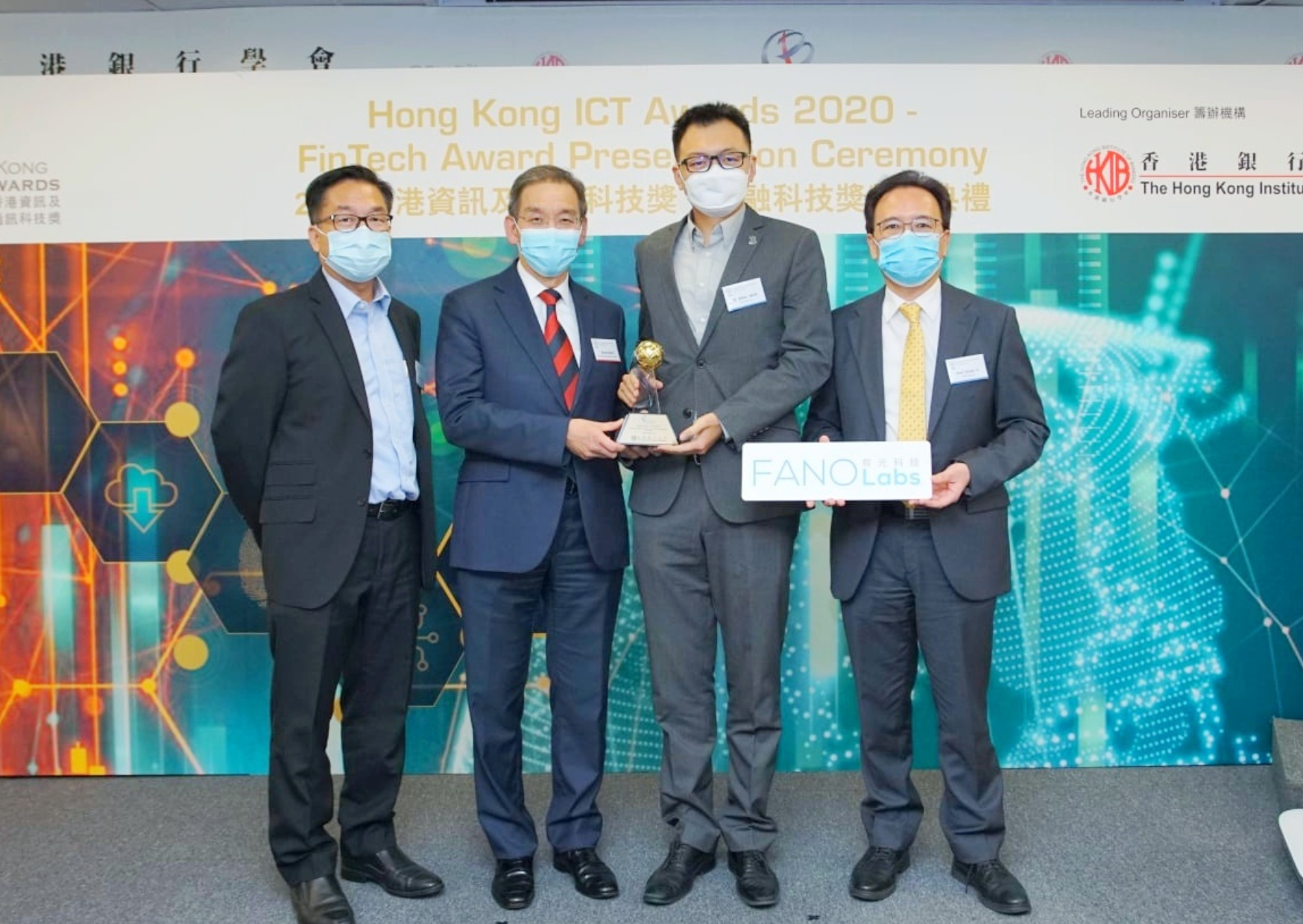
Fano Labs winning the Grand Award of Hong Kong ICT Awards 2020: Fintech Award, and Gold Award of the Regulatory Technology and Risk Management stream.
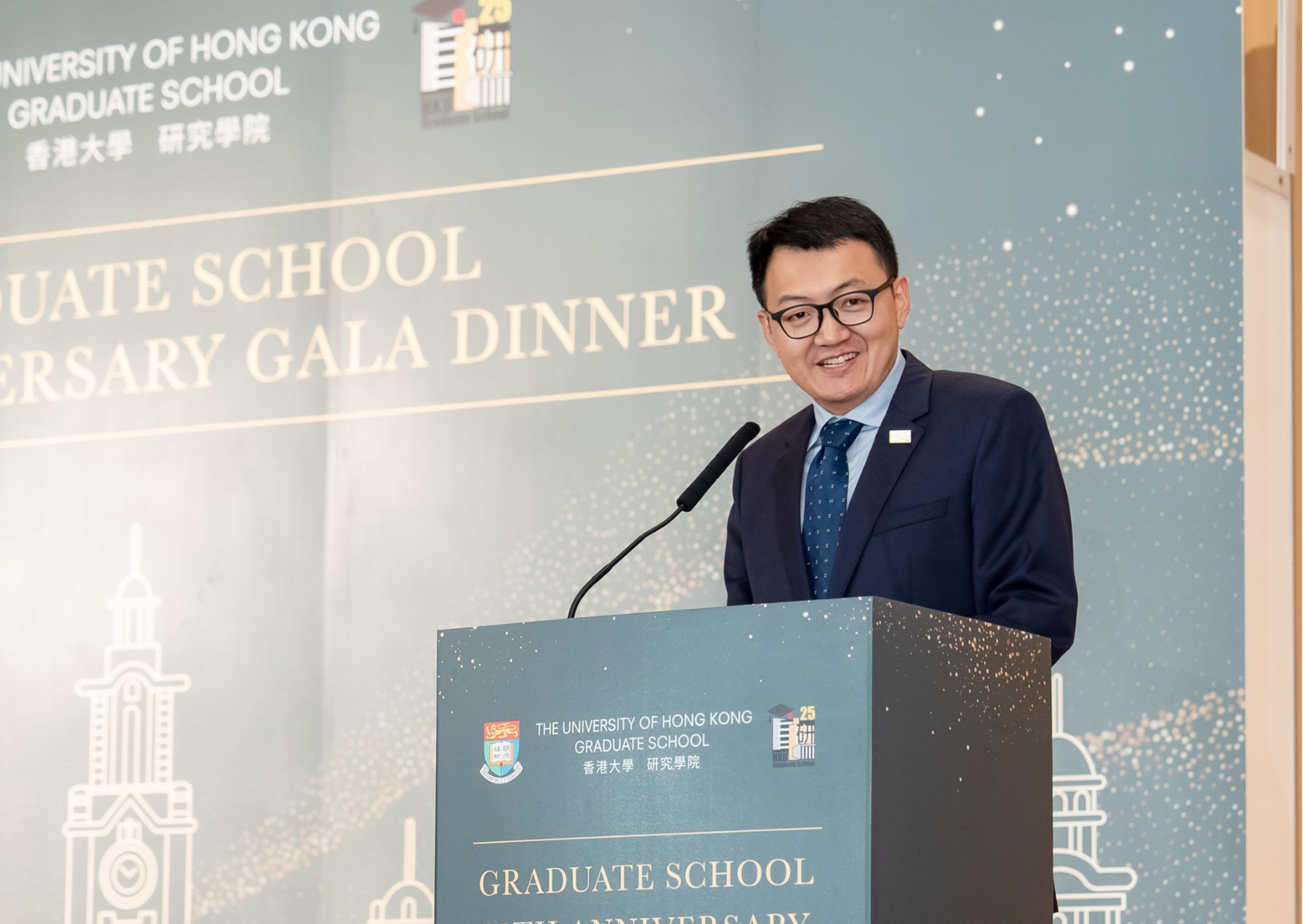
Dr Wen delivering a keynote speech at the 25th Anniversary of the HKU Graduate School in 2024.
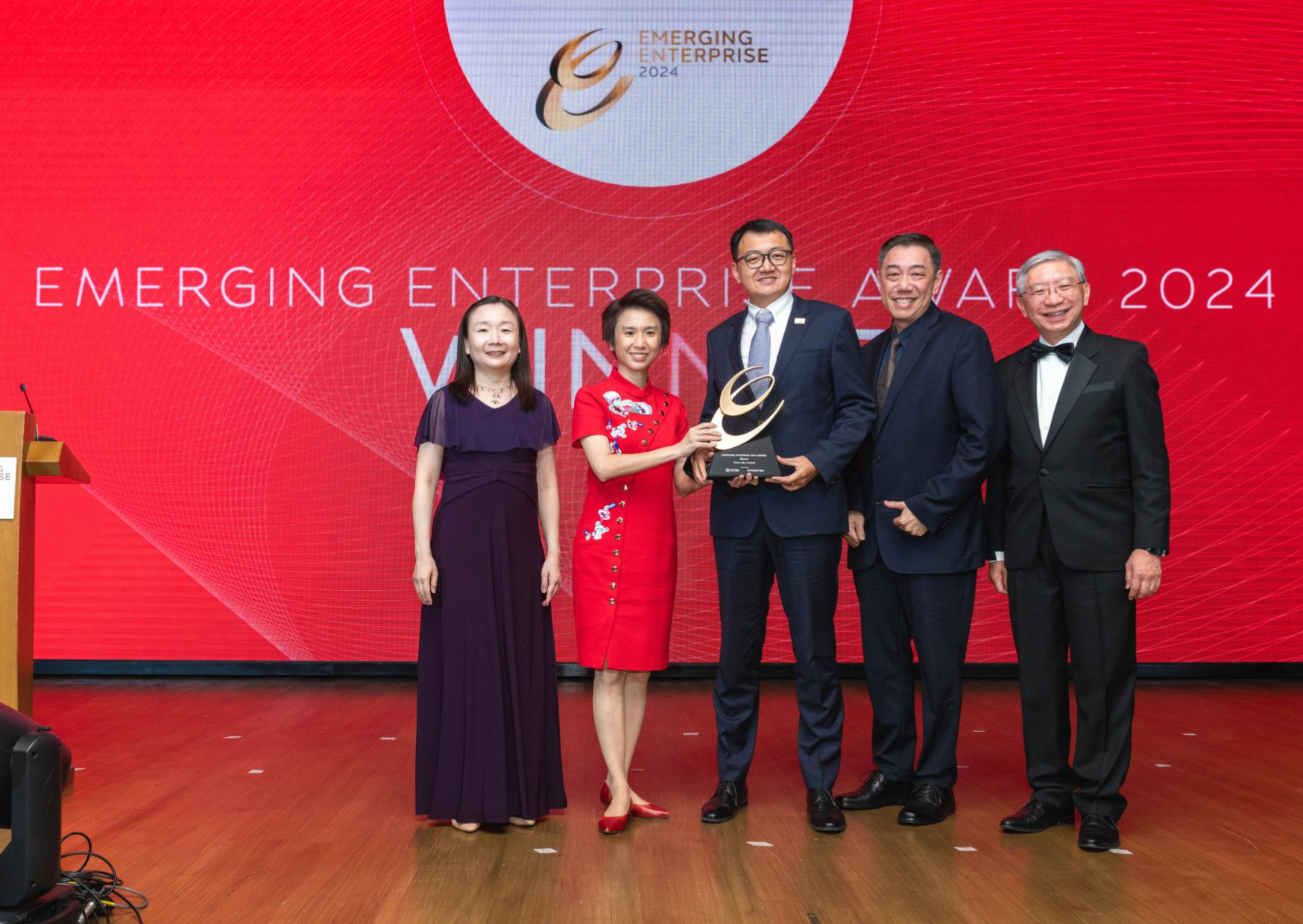
Fano Labs being awarded the prestigious Emerging Enterprise Award 2024.
